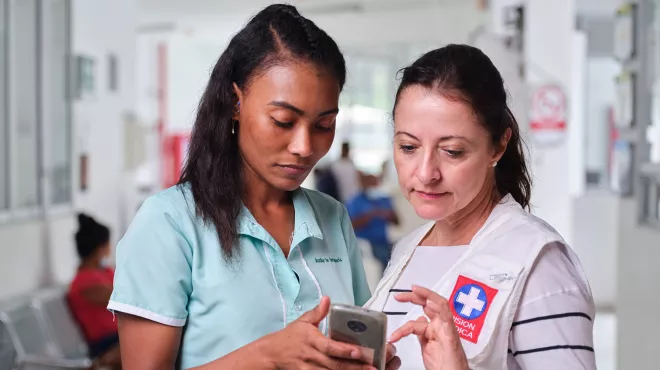Many have settled in Lebanon, where chronic diseases already place a major burden on the healthcare system, accounting for an estimated 85% of deaths. Now health facilities have been further stretched by the influx of people fleeing Syria, who have swelled the population by a third.
To help tackle this problem, Novartis last year began working with the International Committee of the Red Cross (ICRC) to support improved access to medicines and medical care for refugees in Lebanon. The company is supplying medications for high blood pressure and diabetes through Novartis Access, an innovative business approach that offers medicines for chronic diseases to governments and public-sector customers in lower-income countries at a cost of USD 1 per treatment per month.
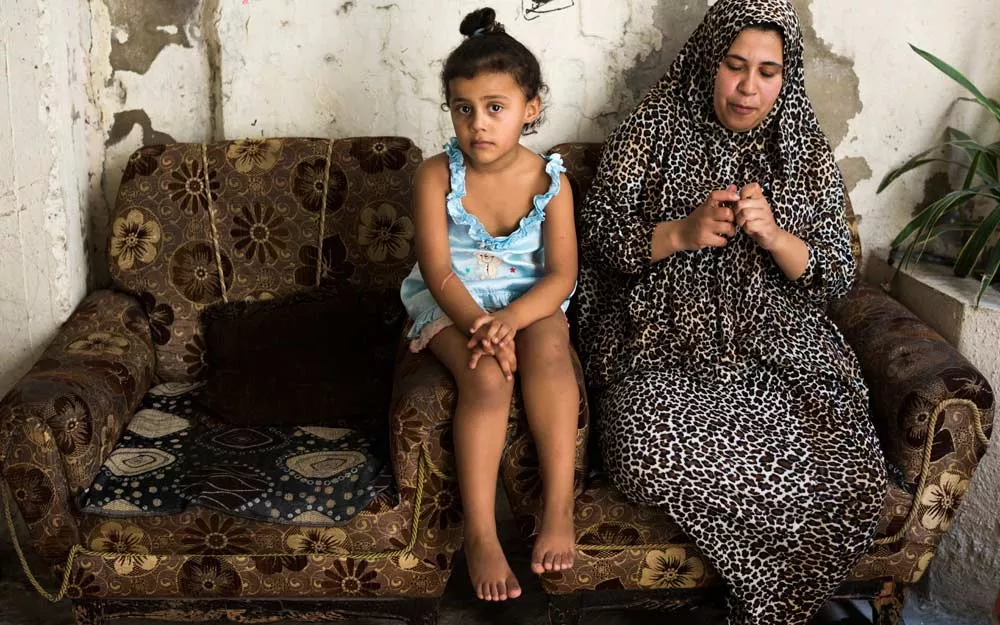
Migrant populations are at risk
The situation in Lebanon is just one example of the growing challenges posed by chronic illnesses as populations age. These conditions account for 38 million deaths worldwide every year – 75% of them in low- and middle-income countries. Chronic diseases require early detection and sustained treatment, so migrant populations are particularly at risk.
Take 58-year-old Hamid and his wife Hamida, who farmed near the Syrian city of Homs until they were driven out by fierce fighting in 2012. They now live in Lebanon with two daughters and two grandsons, who rely on casual work to pay for food and lodging. Health inevitably suffers in this hand-to-mouth existence, and Hamid, who has lived with diabetes for 20 years, found himself unable to pay for drugs that were free in Syria.
After six weeks without insulin, he lost so much weight that he was forced to seek help, and the local ICRC-supported clinic provided a lifeline by supplying drugs and regular checkups. His wife also received treatment after she was diagnosed with diabetes.
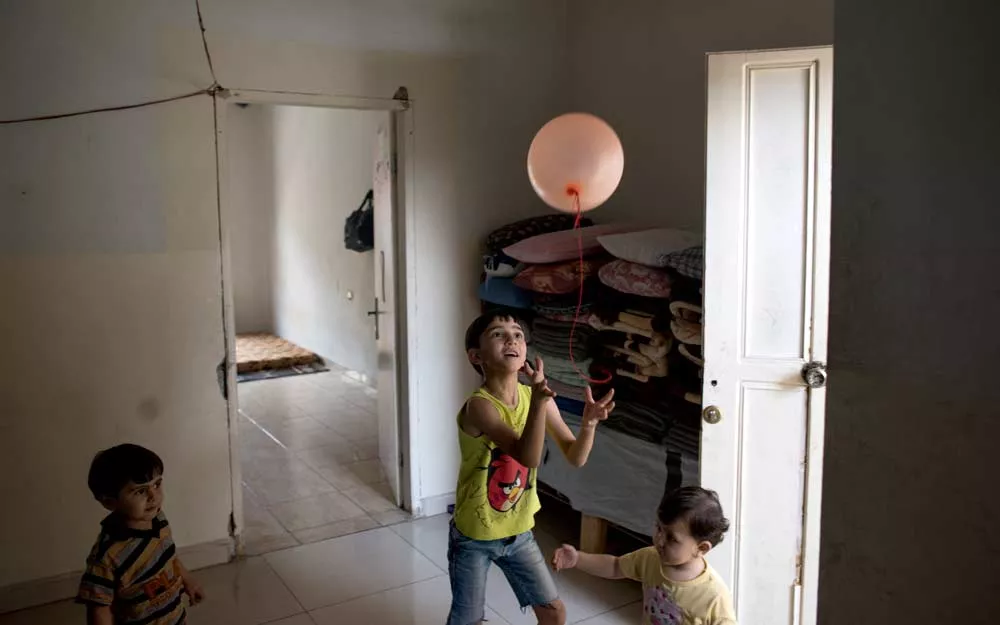
They were among more than 270 000 people who sought treatment at ICRC-supported healthcare facilities in 2016. The organization aims to provide diagnosis, treatment and follow-up for Syrian and underserved Palestinian refugees as well as Lebanese patients affected by chronic illnesses, to prevent long-term complications such as stroke or kidney disease.
Access to care is critical for refugees
The most deadly chronic condition worldwide is heart disease. The ICRC provides vital care for refugees such as Ziad, who suffers from high blood pressure and fled with his wife and children in 2014 when the Damascus suburb where they lived was badly damaged. He now struggles to make a living as a laborer, and believes the trauma caused by the devastation of his homeland has worsened problems. “Sometimes it hurts me like a disease, seeing the news on television about Syria,” he says.
Gaining access to care is critical for survival for some refugees. Elham, the widowed matriarch of a large extended family, has both heart disease and diabetes – as do her brother and their cousin, Mohammad, who is an imam.
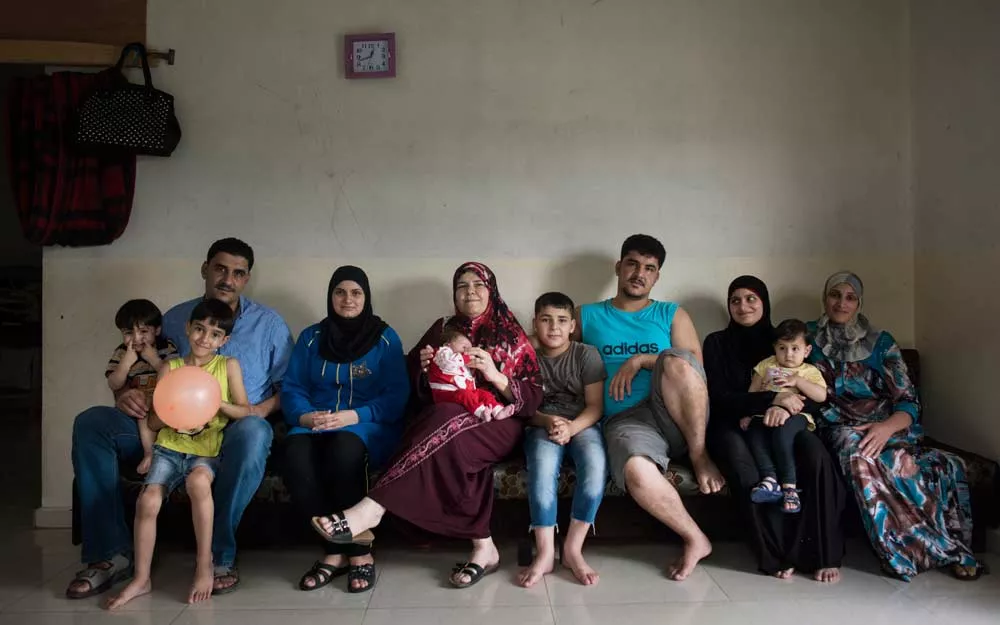
Elham’s open heart surgery was funded by the Office of the United Nations High Commissioner for Refugees, while Mohammad has also undergone a series of operations. All three family members rely on continued treatment provided by the ICRC.
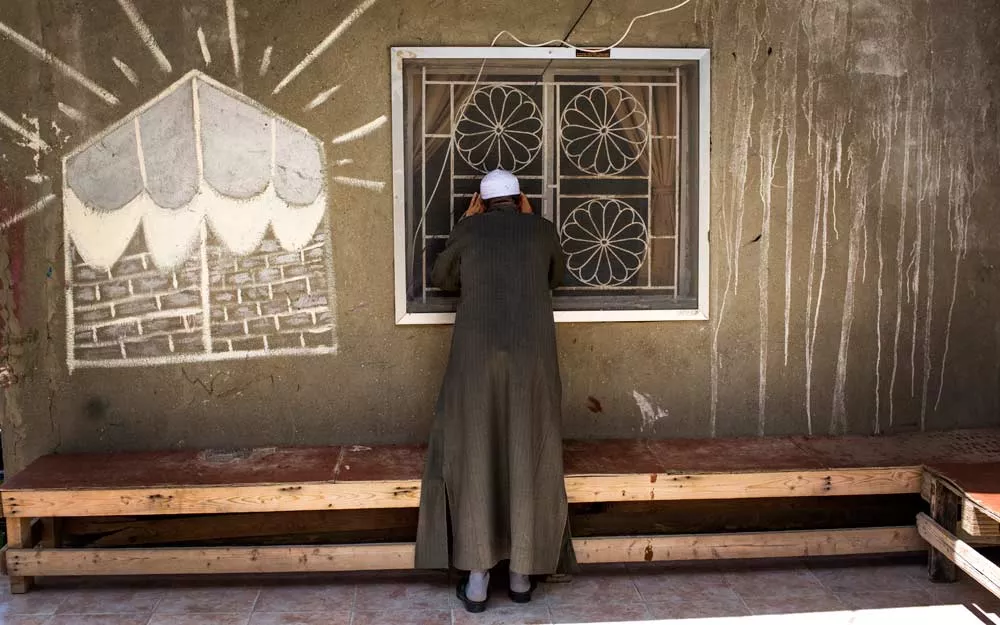
While aid is vital, clearly peace and stability are key to a long-term solution to the difficulties faced by many refugees.
Novartis works with the International Committee of the Red Cross (ICRC) to improve access to medicines for refugees in Lebanon



